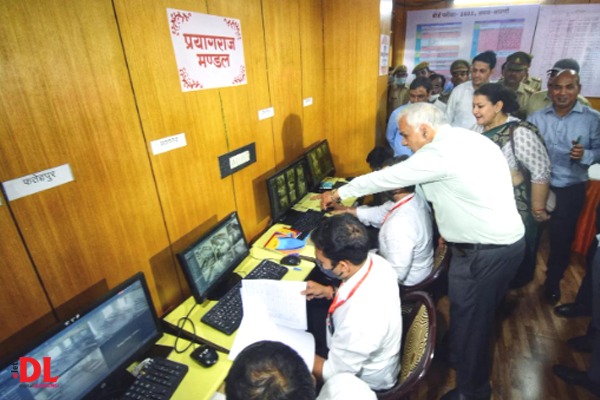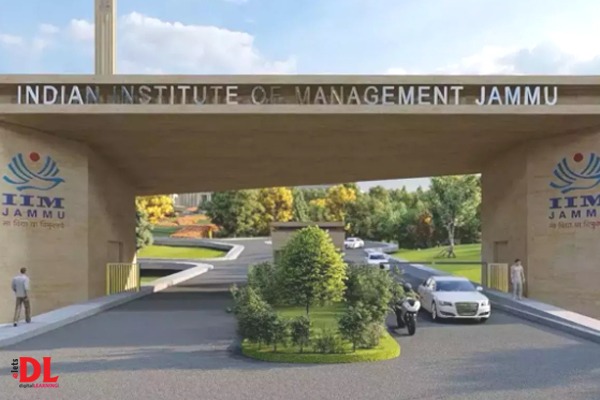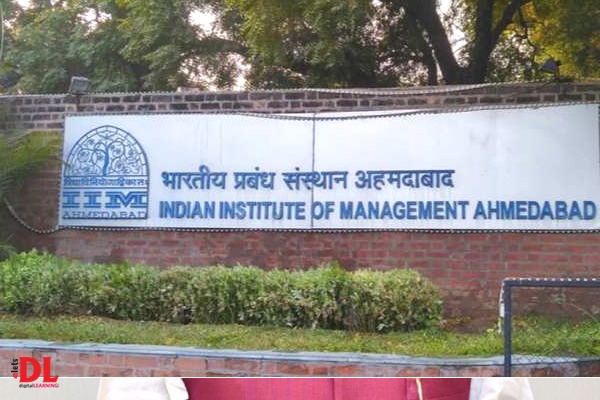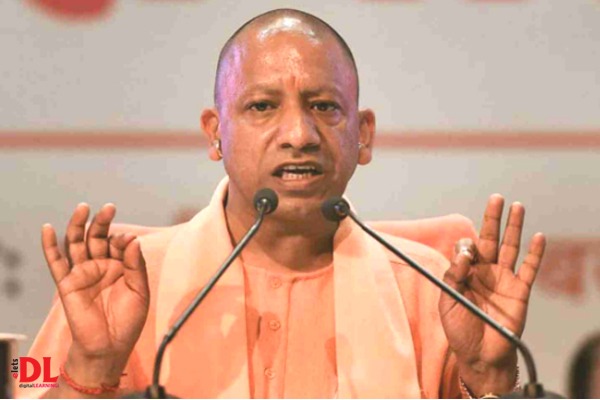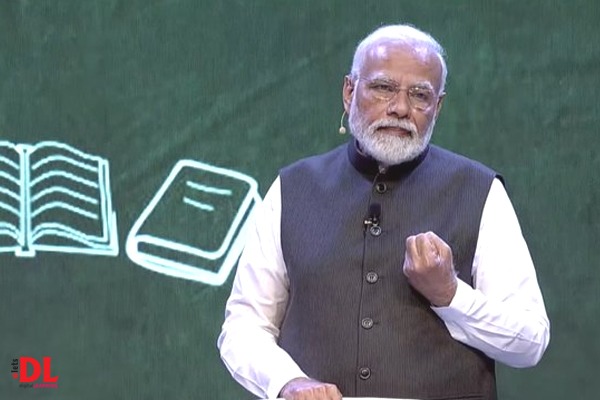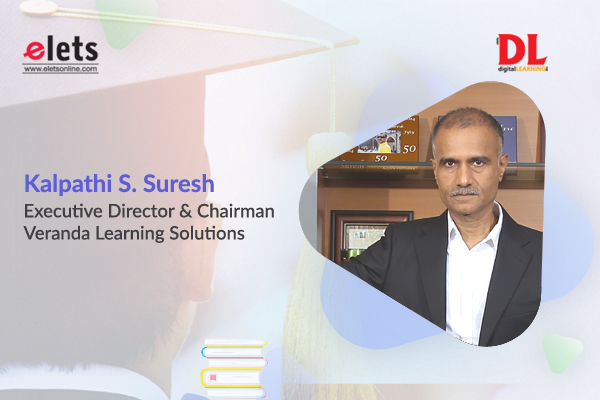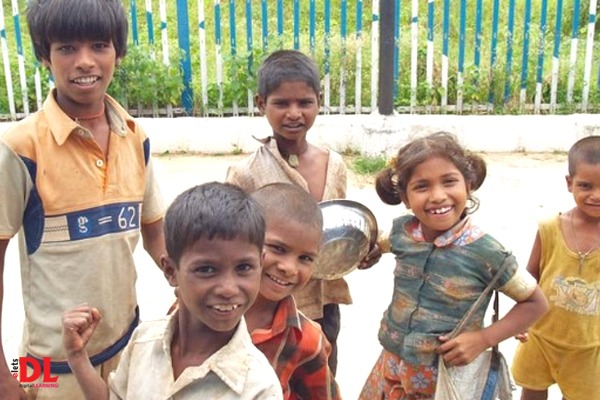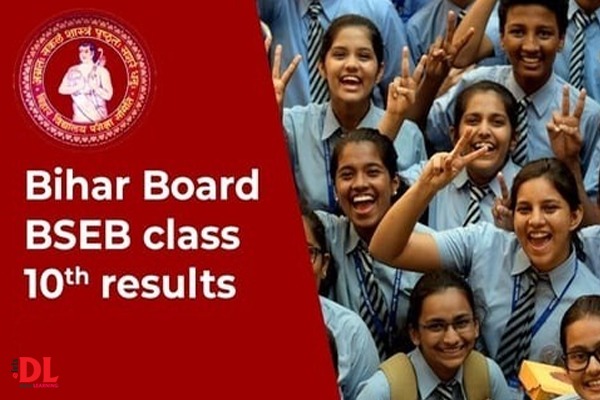Lucknow, Uttar Pradesh
The Uttar Pradesh Education Department has enforced a strict regulatory regime for strong rooms stocking papers across the state. The move has been taken to ensure that no question papers of the state’s school examination board are leaked. The regulatory regime includes surprise physical checks of strong rooms to limit visitors to them and putting a complete ban on the use of mobile phones by staff manning or visiting them.
The additional measures were implemented following the recent leaks of class 12 board exam papers that led to the cancellation of examinations in 24 districts across the state. While the investigation of the incident is underway and over 34 suspects have been arrested so far, Chief Minister Yogi Adityanath has ordered invoking the National Security Act (NSA) against those involved in the leakage.
“Concerned officials in the districts have been asked to strictly monitor strong rooms where the board exam papers are kept. At exam centres, the officers have been asked to ensure that the entry into the strong rooms is strictly regulated and details of everyone entering it are registered in a log book,” a senior official of the education department said.
The Secondary Education Department, on the instructions of Uttar Pradesh Chief Secretary Durga Shankar Mishra, has directed district officials across Uttar Pradesh to exercise strict vigilance to prevent the leakage of board exam papers.
A total of 27,81,654 class 10 students, including 15,53,198 boys and 12,28,456 girls, are taking exams this year. Similarly a total of 24,11,035 students, including 13,24,200 males and 10,86,835 females are writing the examination for class 12.
The state government has set up 8,373 exam centres across the state. Of these, 6,398 centres are in rural areas and 1,975 in urban areas. The state government has declared 861 exam centres as “sensitive”, 254 “very sensitive” and 7,258 as “general”.
Also Read: UP Higher Education department bags two Awards for Digital Library & NOC Affiliation Portal
All these exam centres are being monitored closely with help of staff and a total of 2,97,124 CCTV cameras, an official said, adding the feed of these cameras is being monitored at the state-level examination command centre, 75 district-level command centres and 8,373 centre-level command centres.






